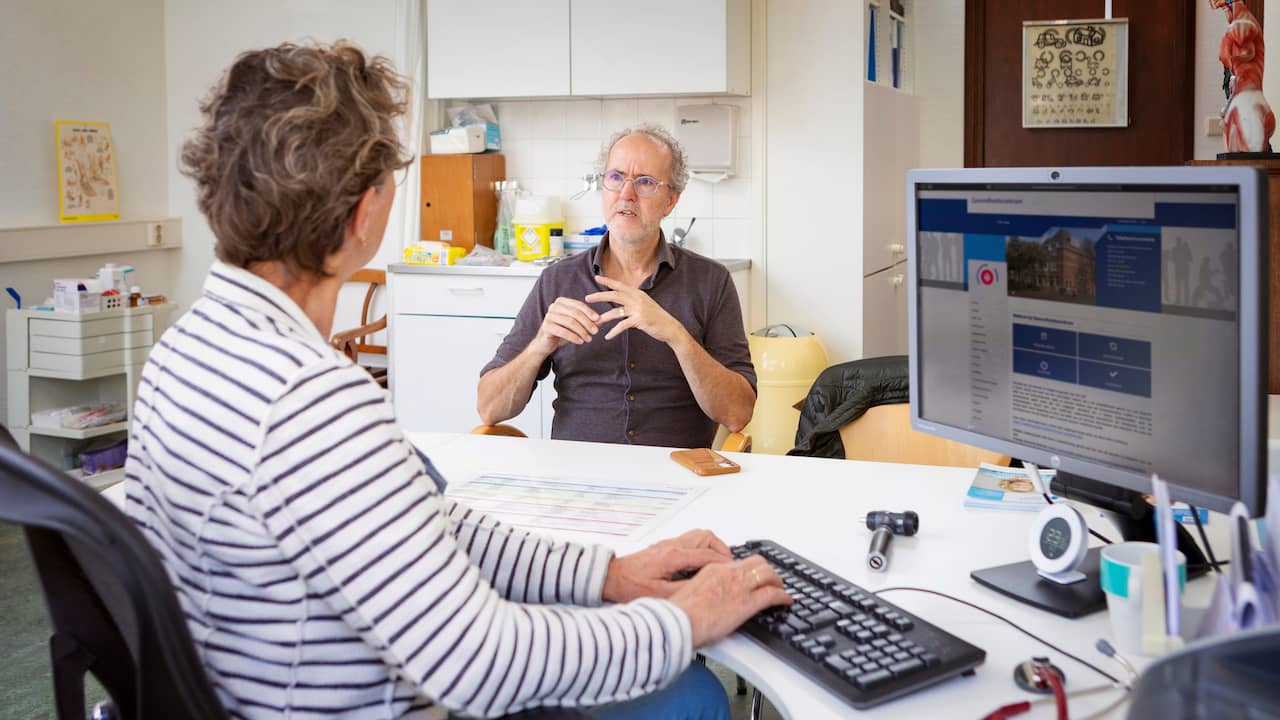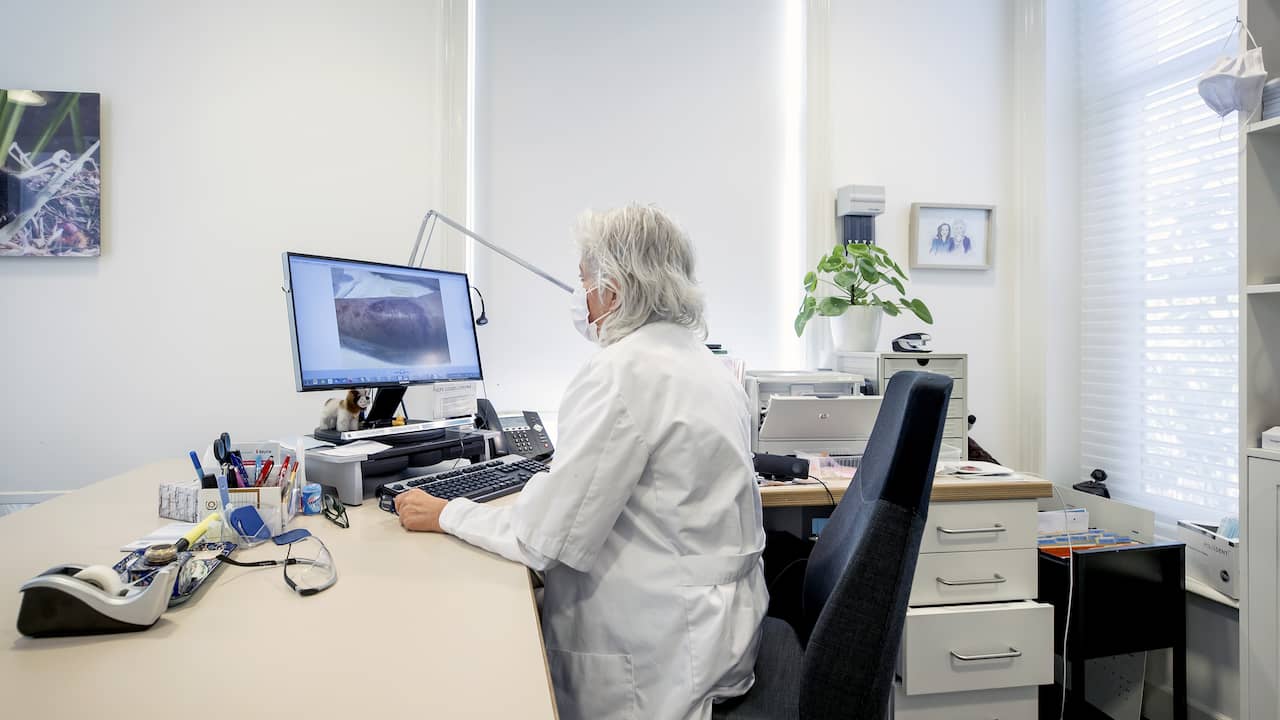General practitioner action groups have been angry with the Minister of Health Ernst Kuipers for a long time. Today they sent him a self-created motion of regret about the extra work that will be on their plate with the new corona vaccination rounds. It is the umpteenth time that the profession clashes with the wishes of the cabinet. What concerns do GP practices have and what exactly are GPs angry about?
This time the GPs are angry because they are confronted with extra work ‘without consultation’. Minister Kuipers announced in July that all people over the age of 12 can receive a new corona jab from mid-September. But people with a higher medical risk, for example, are the first to act. GPs have to make that selection from Kuipers. The National Association of General Practitioners (LHV) did protest, but without the desired result.
In response to the decision, action groups Help de Huisarts and De Bevlogen Huisartsen are now sending a letter. They want the minister to enter into discussions with the LHV, among others, to “ensure correct timelines and good preconditions”. The criticism is strong: “It has been decided for general practitioners that they should make time for this in the middle of the summer period. There is great misunderstanding about this disrespectful way of doing things.”
It touches a sensitive chord with general practitioners with which the cabinet has been playing for years: the high workload. GPs have the feeling that they are continuously being given additional tasks, without anything being lost.
The number of general practitioners in the Netherlands is particularly problematic: there has been a shortage for years. At the beginning of 2020, a patient stop was even initiated in several cities due to the shortage of practices.
The percentage of general practitioners without their own practice is growing.
The percentage of general practitioners without their own practice is growing. Photo: ANP 
–
–
–
Frustrating for the GPs is that the new work mainly means a lot of administration. The GPs will also have to spend a lot of time behind the computer for the new job. They prefer to spend that time on providing care.
The industry suspects that GPs now spend more than 40 percent of their time on “administrative and organizational muddles”. Here too, the cabinet is looked at with an angry look, which is continuously “drawing up troublesome things and changing rules”.
GPs are also the victims of an overloaded healthcare system. For example, more than 80,000 people are currently waiting for a registration interview or treatment at the GGZ. More than half of all those waiting, about 42,000 of them, wait longer than the agreed standard of 14 weeks, according to data from the Dutch Healthcare Authority (Netherlands Healthcare Authority).NZa). It is worrying that many waiting times are longer than at the beginning of the year.
More than a thousand general practitioners rang the bell on the website of the Rotterdam department of the LHV in June. For example, many people who are waiting for help from mental health care would call on their GP in the meantime, which saddles the practices with extra work.
The procedures for referring to specialists are also against the sore leg of general practitioners. “Due to waiting lists, a referral often has to be adjusted,” said initiator of the above-mentioned website, Shakib Sana in June. Sana mentioned as an example that a general practitioner can refer a patient to an ophthalmologist. If specialist treatment is advised there, the GP must prepare a second, new referral letter. “Otherwise the care will not be reimbursed.”
All the problems threaten a cloudy future. As it turned out, research by The Green Amsterdammer in Fidelity that less than 20 percent of general practitioners in the Netherlands expect to still be practicing that profession in fifteen years’ time. Of the 620 respondents, nine in ten think an average working week of 59 hours is too heavy.
Many young GPs try to escape the workload of their own practice by working as a freelancer. In this way, they have more influence on their working hours. Whereas in 2010, ‘only’ 10 percent of general practitioners were self-employed, this percentage had already increased to 20 percent in 2019.
Minister Kuipers has stated several times that he wants to reduce the workload of general practitioners. For example, the profession should be much less concerned with administrative burdens, believes the former chairman of the Erasmus MC board. “General practitioners must have the time and space for what this wonderful profession is all about: good care for the patient,” agrees Kuipers.
But, according to the LHV, few agreements have been made so far to relieve the burden on general practitioner care. That is why on 1 July thousands of general practitioners, doctor’s assistants and practice nurses gathered at the Malieveld in The Hague. According to them, the limit had already been reached by then.
–

